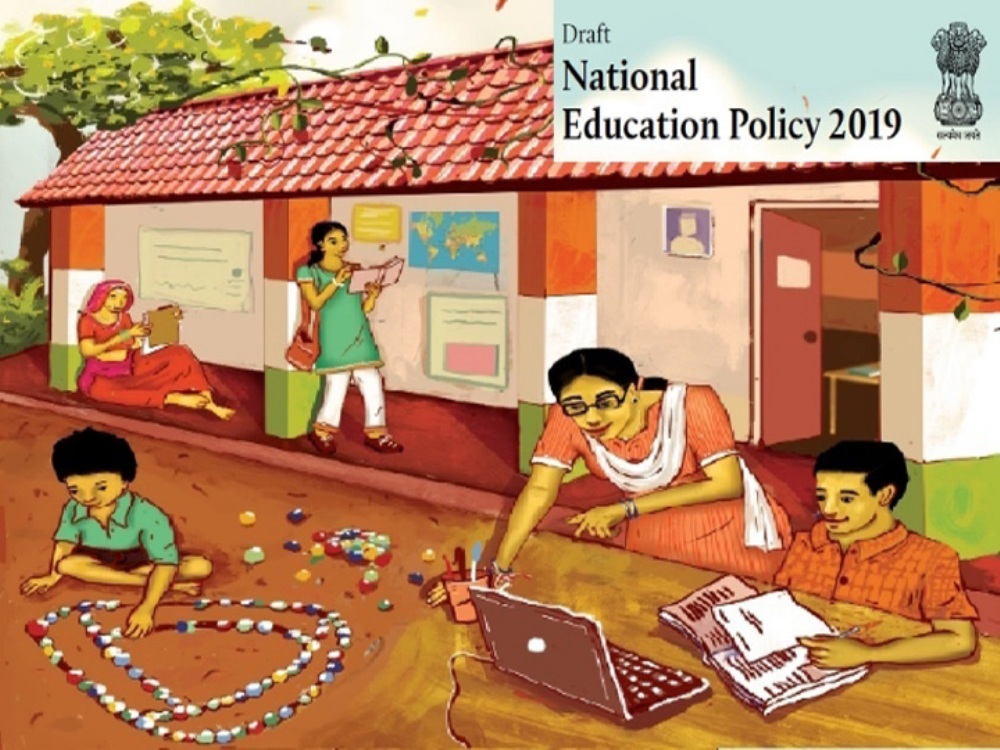The K. Kasturingan Committee released the Draft National Education Policy 2019, which will be used to plan out India’s higher education curriculum until 2025.
The Draft National Education Policy 2019
After consulting with the Committee for Evolution of the New Education Policy and the Ministry of Human Resource Development, the announcement of a public release of the Draft National Education Policy 2019 took place.
Under the provisions of the policy are the following:
- Higher education in 2025 will be universal, with an improved foundation in areas of literacy and mathematics,
- An academic reconstruction of how grade levels will be categorized:
- Foundation Stage: Includes Pre-primary till Grade two-level
- Preparatory Stage: Grades three to five
- Middle Stage: Grades six to eight
- Secondary stage: Grades nine to twelve, junior and senior high school level
- Enrollment and student retention ratio should be around 100 percent by 2030,
- A multilingualism system in schools will be imposed to help improve student’s cognitive skills,
- Introduction of traditional languages in literature,
- Creation of an independent State School Regulatory Authority,
- Consolidation of 800 universities and 40000 colleges into 15,000 compact educational institutions,
- Creation of three new Higher Education bodies: Degree-granting colleges, Research Institutions, and Teaching Universities,
- Autonomy on the administrative supervision of all Higher Education institutions, which will be monitored by a new agency the National Research Foundation,
- An overall increase of 20 percent in public investment from the State government for ten years.
Focus on higher education
According to Atul Bengeri, Chief Learning Influencer, systematic national education policy must be called for; it is essential in improving secondary and college education in India. The draft is mainly focused on the higher education sector, where the country should start improving already.
The draft also solidifies the participation of the private sector and monitoring government funding for research works using a proposed national research budget. It also suggests a reform on all levels of education from early childhood development up to higher education.







